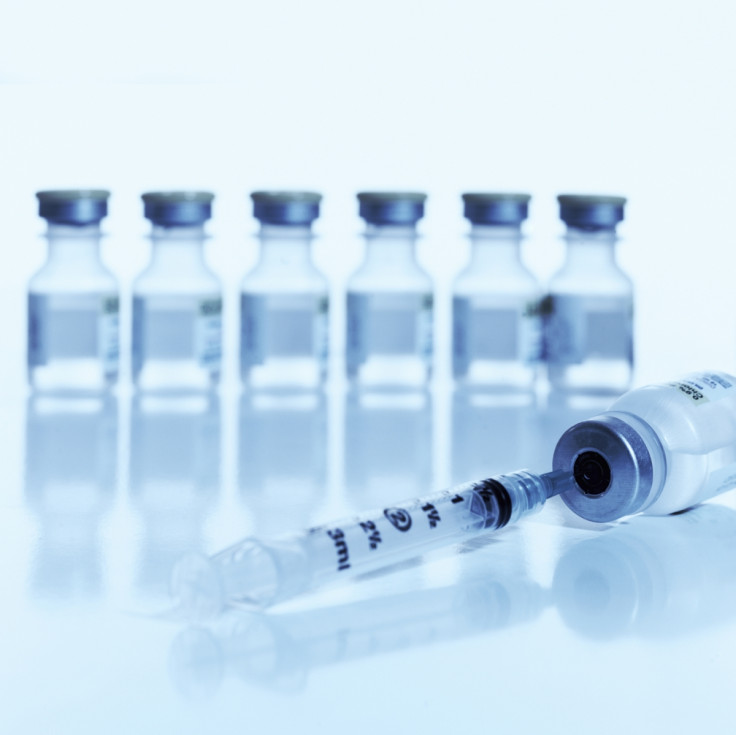Thimerosal: MMR vaccine autism link debunked once again in rhesus macaques study

The link between thimerosal-containing vaccines and autism has been discredited, with the mercury-based preservative not resulting in an increase in autism spectrum disorder behaviours in rhesus macaques.
Anecdotal reports about thimerosal in the measles, mumps and rubella (MMR) vaccine causing autism have been used by the anti-vaccination movement for years as an argument against having their children inoculated. The anti-vaxxer movement has gained momentum in recent years, with Western countries such as the US and Australia particularly supportive. This was highlighted earlier in 2015 following an outbreak of measles in Disneyland in California.
Research has repeatedly shown no link between thimerosal in vaccines and autism. Despite this, it was removed from almost all childhood vaccines, after which autism rates continued to increase.
To test the link, a team of scientists administered vaccines given to children in the 1990s and 2008 to junior macaques to see if there were any differences in behaviours resulting from thimerosal. Led by Bharathi S Gadad of the University of Texas Southwestern Medical Center, the team used 79 male infant macaques in six separate groups.
A control group was given a saline injection, while three groups received vaccines following the recommended paediatric schedule recommended in the 1990s. One had the recommended injections, a second had the vaccine but on an accelerated schedule, another received all thimerosal but no MMR vaccine and a fourth had the MMR vaccine but no thimerosal. A final group received the 2008 recommended vaccine but on an accelerated schedule.
The scientists then looked for behavioural changes in the animals, and carried out post-mortems on their brains for abnormalities relating to ASD.
Their findings, published in the journal PNAS, showed there were no behavioural changes that would relate to autism, nor were there neuropathological changes in the cerebellum, hippocampus, or amygdala – areas found to exhibit changes as a result of autism.
"Autism is a childhood neurodevelopmental disorder affecting approximately one in 70 children in the United States. Some parents believe that thimerosal-containing vaccines and/or the measles, mumps, rubella (MMR) vaccine are involved in the etiology of autism," they wrote. "This study does not support the hypothesis that thimerosal-containing vaccines and/or the MMR vaccine play a role in the etiology of autism."
© Copyright IBTimes 2025. All rights reserved.






















